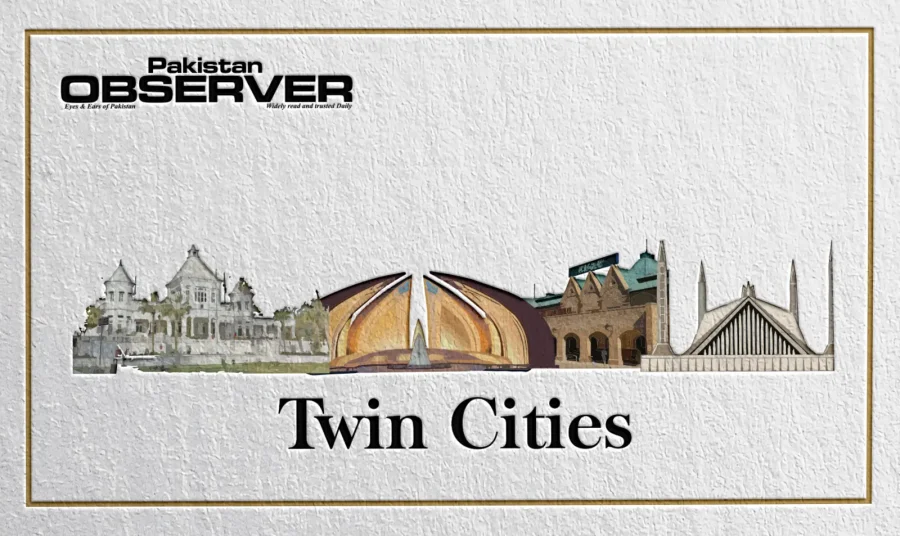As road safety challenges continue to escalate across the country, the Zaman Research Center (ZRC) at the Quaid-i-Azam University (QAU) is taking a proactive role in addressing the growing crisis. Islamabad’s roads have witnessed an alarming increase in traffic accidents, with road crashes becoming the second leading cause of fatalities and lifelong disabilities in the capital. This has prompted an urgent call for reforms and interventions to improve road safety and prevent further loss of lives.
Dr. Muhammad Zaman, Head of the Zaman Research Center, emphasized the gravity of the situation during a recent seminar:
“Road safety is not just a matter of transportation—it’s a matter of public health and national security. Every year, hundreds of families in Islamabad are torn apart by preventable accidents. This is a crisis that requires immediate attention from all sectors of society, including government, academia, and law enforcement.” According to data from the Islamabad Traffic Police, there were over 7,000 recorded road traffic accidents in the capital last year alone, resulting in nearly 400 fatalities and thousands more injuries. The majority of these incidents are attributed to speeding, distracted driving, and failure to follow traffic rules.
The ZRC has been at the forefront of developing research-based solutions to tackle these challenges. Through its flagship project, GCF-744: Optimum Use of Existing Resources – A Prototype Model for Road Safety, the center has been working on creating a sustainable, tech-driven model to reduce road accidents. The project focuses on the use of smart technologies, such as traffic monitoring systems, AI-driven traffic management, and data analytics to enhance road safety in urban settings.
“Our goal is to bridge the gap between traditional traffic management and modern, tech-enabled solutions,” added Dr. Zaman. “We are currently working with several stakeholders, including Islamabad Traffic Police, Capital Development Authority (CDA) to implement pilot programs that can help save lives and resources. Road safety cannot be achieved by isolated efforts; it requires collaboration and innovation.”
Dr. Zaman called on the public and policymakers to take immediate action, stating:
“We have the tools and technology to prevent these tragedies. What we need now is commitment and coordination. ZRC is prepared to play its part, but we need the support of all stakeholders—citizens, government, and civil society—to create a culture of safety on our roads.”










